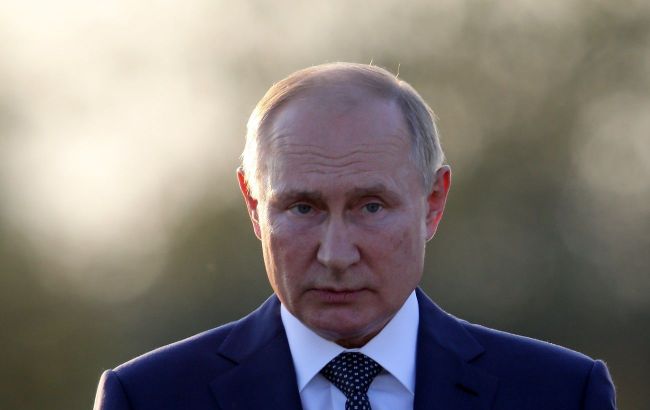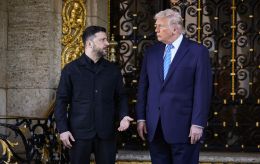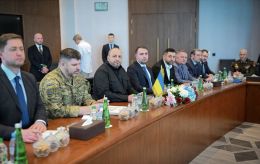White House advises Putin not to interfere in US election
 Photo: Vladimir Putin (Getty Images)
Photo: Vladimir Putin (Getty Images)
The White House has criticized Russian President Vladimir Putin's public comments about Kremlin support for specific candidates in the upcoming US presidential election, urging Moscow to stop meddling in the electoral process, according to John Kirby, the Coordinator for Strategic Communications at the US National Security Council.
In a conversation with journalists, a White House representative was asked to comment on the Kremlin leader's statement that he favors Vice President Kamala Harris in the upcoming US presidential race.
John Kirby responded, emphasizing that Putin “ought to stop talking about our elections, period.”
“He shouldn’t be favoring anybody one way or another. The only people who should get to determine who the next president of the United States is is the American people,” Kirby said.
Kirby also added that the US would greatly appreciate if Putin would “A, stop talking about our election and, B, stop interfering in it.”
Background
On September 5, during an address at the Eastern Economic Forum, Putin stated that Moscow would support Kamala Harris, the current Vice President and Democratic candidate, in the upcoming US election. This was reported by the Russian media.
According to Putin, Russia previously considered the current US President Joe Biden as its favorite. The Kremlin leader added that Biden had been sidelined from the race but had recommended all his supporters back Ms. Harris, so Russia would do the same and support her.
Putin also mentioned the Republican candidate, Donald Trump, during his speech. He also pointed out that during his presidency (January 20, 2017 - January 20, 2021), Trump imposed more sanctions against Russia than any of his predecessors.
Russian interference in US election
Recently, it was reported that the administration of US President Joe Biden is planning to accuse Russia of persistent attempts to interfere in the US election. According to preliminary data, the Kremlin uses media outlets and online platforms for this purpose.
Yesterday, the US Department of Justice announced that dozens of fake Russian propaganda media outlets posing as Reuters, The Washington Post, and others had been blocked in the US. These resources were used, among other things, to influence voters in both US and foreign elections.

